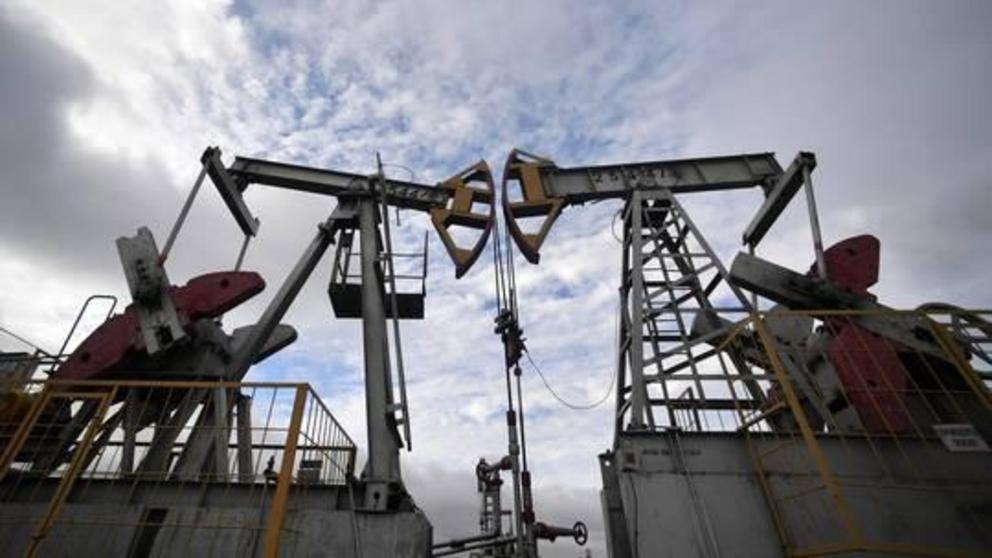The global energy market, particularly in Europe and Asia, has been grappling with skyrocketing natural gas prices since Russia's invasion of Ukraine disrupted traditional supply chains. However, a recent analysis by investment banking giant Goldman Sachs offers a glimmer of hope. Their forecast predicts a significant increase in Liquefied Natural Gas (LNG) supply by 2030, potentially easing the current energy crisis.
Goldman Sachs projects an astounding 80% surge in global LNG supply within the next six years. This substantial growth is attributed to a twofold phenomenon:a shift in investment focus and the emergence of new production hubs. The report highlights a projected rise in LNG investments by over 50% by 2029, indicating a strategic move by the oil and gas industry. This shift reflects an adaptation to the anticipated long-term decline in oil demand and a growing global dependence on natural gas.
The United States is poised to play a pivotal role in this projected LNG boom. Goldman Sachs identifies the US as the future leader in LNG supply, with new projects expected to significantly contribute to the overall increase. This domestic production growth within the US is seen as a response to the burgeoning global demand for natural gas. Additionally, Qatar, a major LNG producer, is also expected to contribute substantially with new ventures.
Michele Della Vigna, Goldman Sachs' head of natural resources research in Europe, the Middle East, and Africa, expressed optimism regarding the predicted LNG supply surge. He emphasized the role of US LNG in mitigating the ongoing energy crisis, stating, "LNG in the US, without a doubt, is dominating future supply and we believe the capacity growth in LNG is going to bring an end to the energy crises that began a couple of years ago. " Vigna's assertion underscores the potential of the projected LNG supply increase to alleviate the current price pressures in the global energy market.
The long-term impact of this predicted LNG supply surge extends beyond immediate price stabilization. It signifies a potential turning point in the global energy landscape. The oil and gas industry's strategic shift towards LNG development suggests an acknowledgement of the growing importance of natural gas as a transitional fuel in the journey towards renewable energy sources. While the environmental implications of increased natural gas dependence warrant further discussion, the projected LNG supply growth offers a potential solution to the current energy crisis and potentially paves the way for a smoother transition towards a more sustainable energy future.

